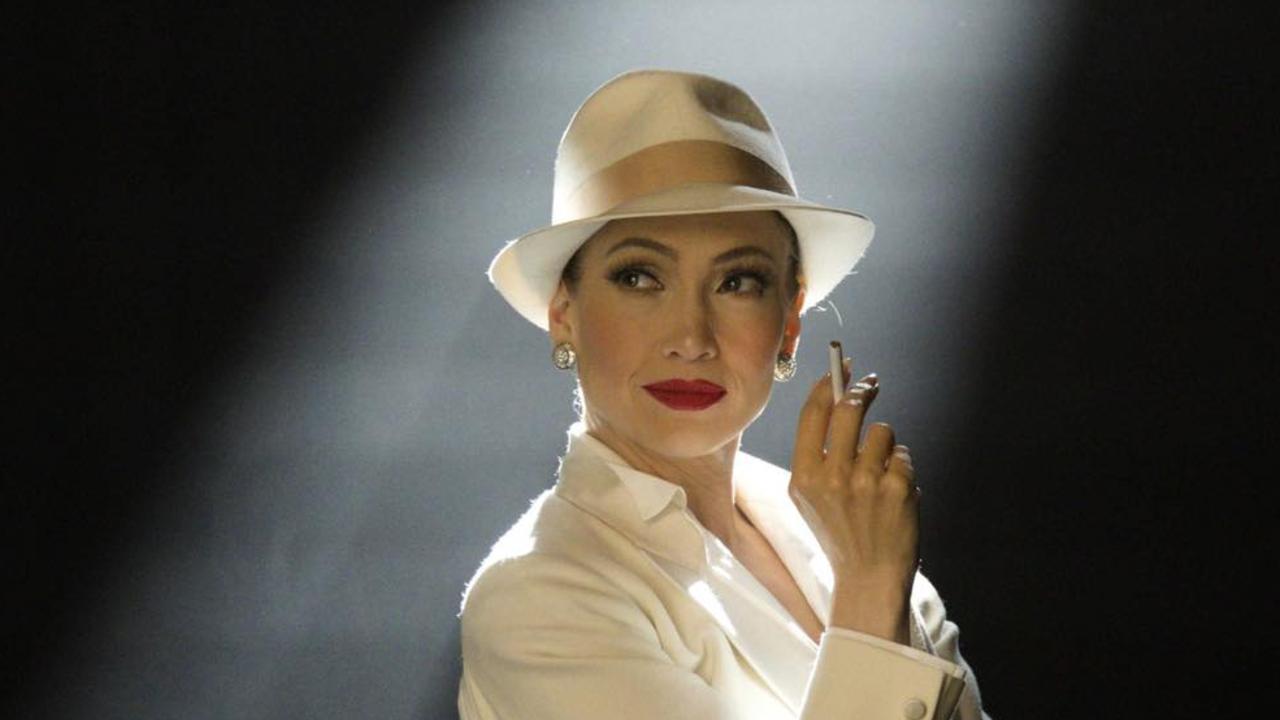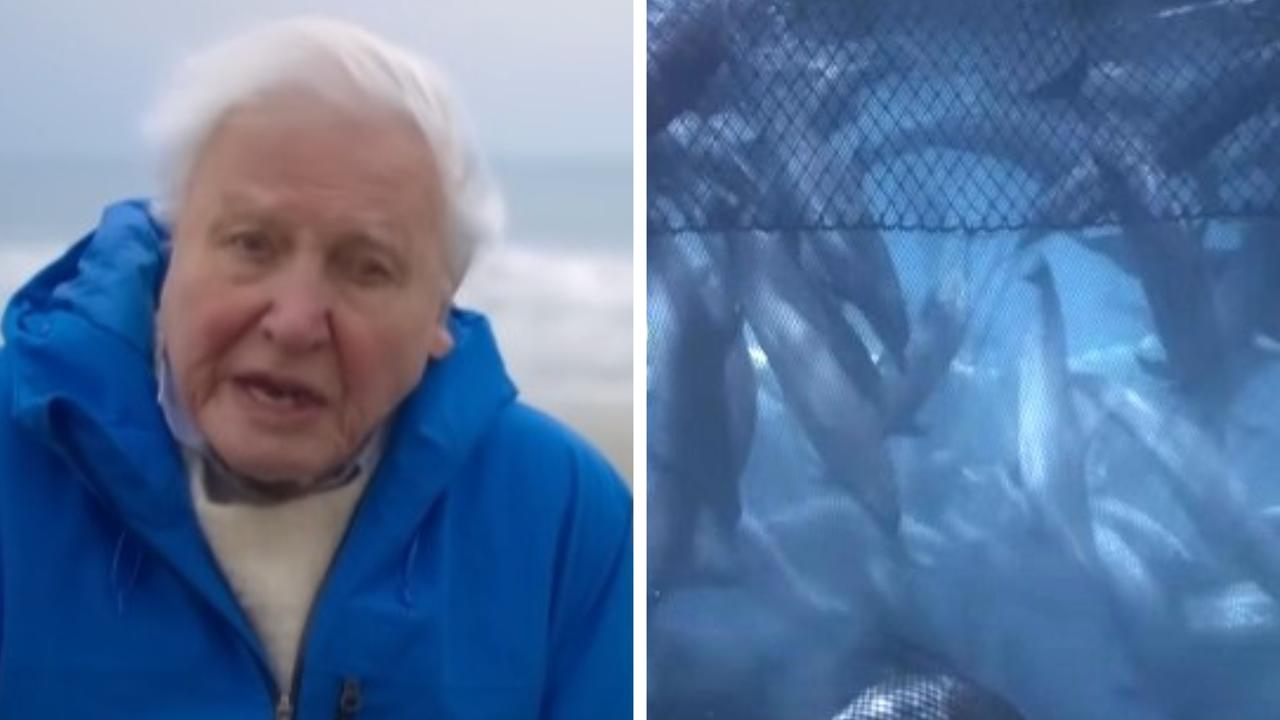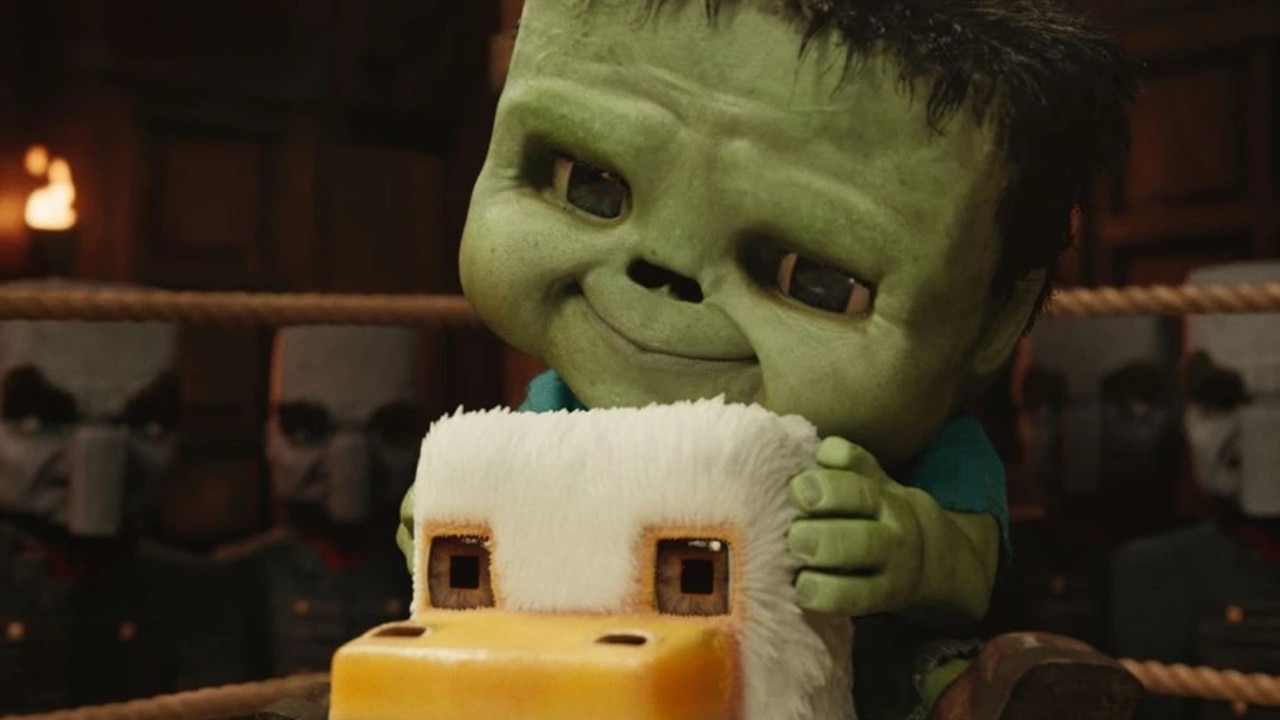Ben Affleck: Why do we all hate the ‘Gone Girl’ star so much?
FOR the past week, I’ve been gushing over Gone Girl, insisting that everyone see it. The blunt response: “You mean that movie with Ben Affleck? Nah, I can’t stand him.”
New Movies
Don't miss out on the headlines from New Movies. Followed categories will be added to My News.
FOR the past week, I’ve been gushing over David Fincher’s chilling, hysteric and phenomenally entertaining new thriller Gone Girl, insisting that everyone see it immediately. The blunt response: “You mean that movie with Ben Affleck? Nah, I can’t stand him.”
I can understand why Ben Affleck doesn’t exactly set off a stampede at the box office. He’s not an exceptional actor, often delivering performances that are a bit too stiff while letting out a whiff of self-importance (#NoDisrespectToBenAffleck).
However, Affleck’s starring role as a men’s magazine writer (ahem) suspected of murdering his wife is terrific. The movie, adapted from Gillian Flynn’s best-selling page-turner, is easily the best thing the veteran actor/director has been involved with, which is no small feat for a guy with two Oscars on his mantle.

Yet Affleck, who co-wrote Good Will Hunting and recently directed three solid thrillers (Gone Baby Gone, The Town, and Argo), inspires disdain to the point that the internet threw up its arms and cried foul when he was cast as Batman. Meanwhile I’m having a hard time convincing folks they should see Gone Girl partly because of him — not in spite of him.
Is this all because of the “Bennifer” debacle, the awkward two-year coupling and temporary engagement between a young, still-raw Affleck and Jennifer Lopez, who was on the rebound from her notorious relationship with Puff Daddy while riding high on a new-found pop music career? That certainly was an ugly flame-out to watch. The two came off like a high school couple constantly necking against the locker in the hallway, riding around in matching Rolls Royces and making a disastrous movie like Gigli together, as if trying to convince everyone that as a powerhouse Hollywood couple, they were for real.

Perhaps the biggest “Bennifer” offence was J.Lo’s song Jenny from the Block, and not just because it filched music from The Beatnuts’ Watch Out Now without giving the rappers credit. J.Lo’s predictably atrocious lyrics tried to ply that despite the bling she’s still that down-to-Earth gal from the Bronx. While there’s nothing wrong with the somewhat-unconvincing message, the video featuring her and Affleck being pretty and cuddly on a yacht induced a collective groan.
The “Bennifer” fiasco was more than a decade ago, and Affleck has since grown up, becoming a family man with Jennifer Garner. Yet his past affiliation with the hollow pop stardom that is J.Lo did taint the public’s perception of Affleck. He was no longer the bright kid who co-wrote an Oscar-winning movie with his best friend Matt Damon. Instead, Affleck was the flash-in-the-pan talent who revealed himself to be just another Hollywood beefcake, making stinky action movies like Pearl Harbor and Paycheck. For every Chasing Amy or Good Will Hunting, there were five more disasters on the level of Daredevil, supporting the idea that Affleck lacks talent.

That perception of him seems like a self-fulfilling prophecy. Many see an awkward lug in Affleck and so you’ve got to wonder how many directors shared that perspective, refusing to gamble on him for juicy roles. Affleck only had leftovers to choose from. In any one of his bombs, Affleck was far from the worst thing about the movie. Instead, he just became the easiest one to blame.
The frustration with getting meagre roles is actually what gave birth to Affleck and Damon’s careers. As young actors with few attractive options, Affleck and Damon decided instead to write strong roles for themselves in Good Will Hunting. Damon in particular rode high after that success. Affleck’s career went towards more superficial entertainment until he decided to take up directing, and once again give himself the more interesting work that no one else would.
Gone Baby Gone, The Town and Argo are all proof that Affleck is a solid craftsman, building entertaining mainstream thrillers that would win over critics and audiences.

His talent was evident again, but that didn’t save him from enduring the insults. Go ahead and Google “Ben Affleck is a douche” and see how many recent results you get. The guy just can’t catch a break.
Unfortunately, the biggest flaw in Affleck’s movies was the actor himself. In both The Town and Argo, Affleck insisted on casting himself despite not being an ideal fit for the roles. In fact, Argo’s producer George Clooney intended on playing the lead, but the director he hired begged to replace him. Clooney, being such a nice guy, acquiesced.
Now just imagine how awesome Clooney would have been in that role as the CIA agent pulling the strings, switching between that trademark Clooney wisecracking charm and that “I mean business” glare. As a public persona, Clooney is everything Ben Affleck somehow consistently fails to be, a PR rep’s delight. Clooney flashes a smile that exudes mischief, confidence and intelligence. The public just can’t stop loving him. When Affleck smiles, he’s described as arrogant, smug and the opposite of intelligent (which is just not the case).
Ironically, it’s the sheer unlikeable traits of Affleck’s public persona that makes him so perfect in Gone Girl.

Many were surprised when David Fincher cast Affleck as the lead, once again reiterating the perception that as an actor he sucks. However, the Gone Girl scenario is unlike the Batman versus Superman fiasco, where Affleck may stink in a movie directed by Zack Snyder, who generally makes stinky movies.
Alongside Paul Thomas Anderson (The Master), David Fincher is arguably the finest American director working today, and he could demand just about any A-list star to work gruelling hours for him. Fincher chose Affleck, and the reasoning behind that decision is telling.
“In Gone Girl there’s a smile the guy has to give when the local press asks him to stand next to a poster of his missing wife,” Fincher told Playboy. “I flipped through Google Images and found about 50 shots of Affleck giving that kind of smile in public situations. You look at them and know he’s trying to make people comfortable in the moment, but by doing that he’s making himself vulnerable to people having other perceptions about him.”

Affleck’s character Nick Dunne becomes a media target, scrutinised for the way he handles the disappearance of his wife (the fantastic Rosamund Pike) and left open to snap judgments that don’t work in his favour. Part of the reason why the media gangs up on Nick is because he’s just so awkward and seemingly arrogant, a scenario Affleck knows all too well.
“The baggage (Affleck) comes with is most useful to this movie,” Fincher explained in an interview with Film Comment. “I was interested in him primarily because I needed someone with wit and someone who understood the stakes of the kind of public scrutiny that Nick is subjected to and the absurdity of trying to resist public opinion. Ben knows that, not conceptually, but by experience. Ben has all of that.”
According to Fincher, Affleck sees the humour in his casting. His own persona being projected onto a fictional tabloid target is just one of the many hilarious punch lines in Gone Girl, giving the actor an opportunity to grapple with and laugh at his own perpetual “lose-lose” situation.
There’s a point in Gone Girl when Affleck’s character makes prescient comments about his relationship with the press: “They disliked me, then they liked me. They hated me, and now they love me.”
Affleck can expect some love for his stellar work in Gone Girl, but as is par for the course, it will probably dry up in the next year. Perhaps it will be his red carpet smile as he reps Gone Girl on the Oscar trail. Or maybe we will all hold off till he rolls up in a Batmobile.

This article originally appeared in AskMen.
Originally published as Ben Affleck: Why do we all hate the ‘Gone Girl’ star so much?






